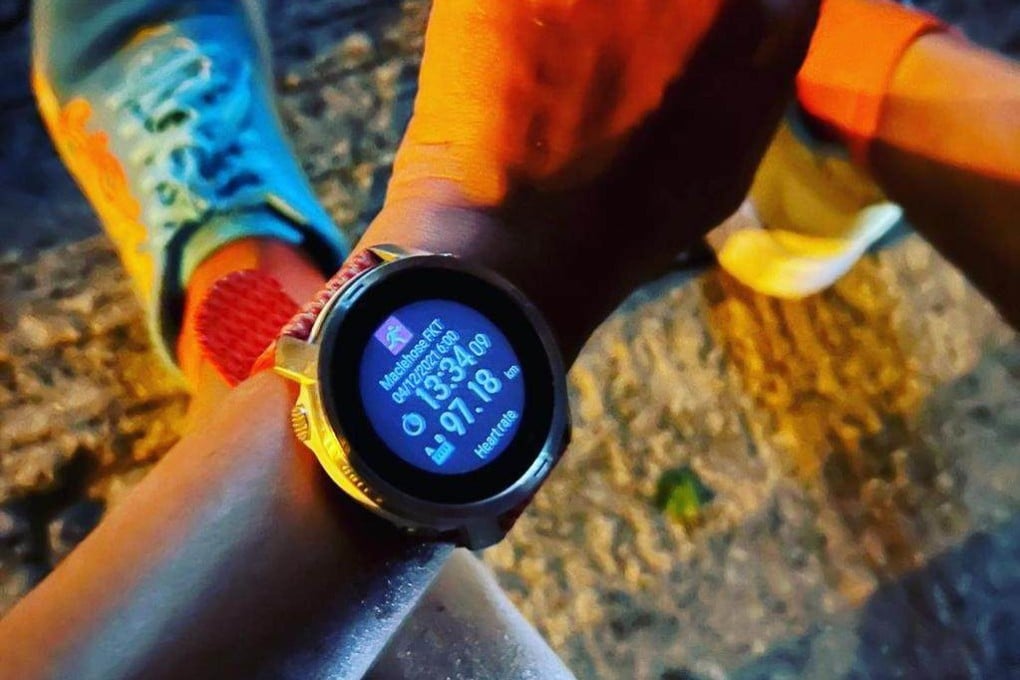MacLehose Trail fastest known time for Samantha Chan, who spent hours training on a treadmill to create exact intensity
- Samantha Chan completes the 100km MacLehose Trail in 13 hours and 24 minutes, surprising even herself because she did not monitor her time during the run
- She has been preparing on a treadmill so she could control her heart rate, time and intensity, ensuring she avoids training too hard and too much

Samantha Chan set a Fastest Known Time (FKT) on The MacLehose Trail, completing the 100km run in 13 hours and 34 minutes – the quickest time for any woman ever. Counter-intuitively, she achieved her goal by switching her training from trails to treadmills.
“It’s still unreal for me. When I look back on Saturday, it still feels unreal,” she said.
Chan’s first trail race was the 100km Oxfam Trailwalker (OTW) in 2009. The famous race follows the MacLehose and Chan finished in a little more than 20 hours.
“I felt pretty amazing when I finished the OTW, I didn’t expect to feel like that. But if you’d told me I would become an ultra runner, and do the FKT on the MacLehose, I wouldn’t have believed you,” she said.

Chan returned each year to the OTW, or the HK100, which follows a similar course and which she uses as a benchmark for her progress. She quickly improved her time to 16 hours but then plateaued.